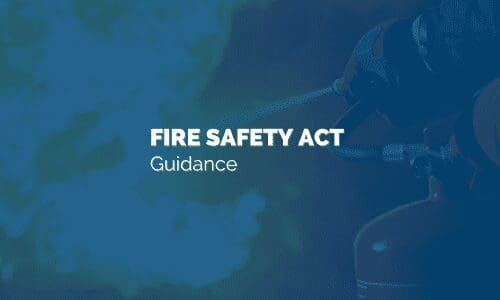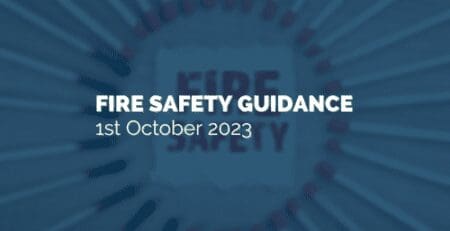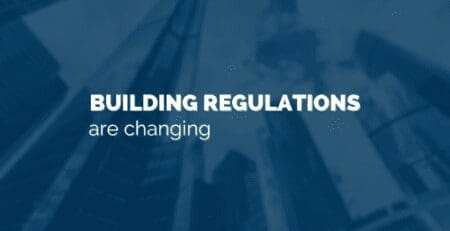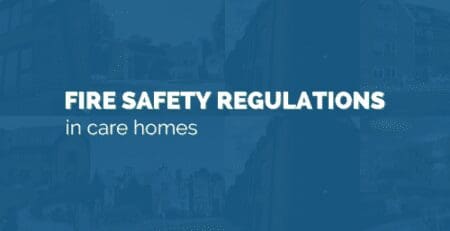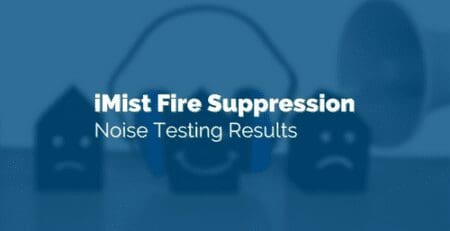Fire Safety Act: Guidance for those with legal duties
What is the Fire Safety Law?
The Regulatory Reform (Fire Safety) Order 2005 (FSO) is the main piece of legislation governing fire safety in buildings in Scotland and Wales, which applies to all workplaces and common parts of buildings containing two or more domestic premses. This legislation is applicable to the responsible person of the building, i.e. the owner or landlord, and places legal duties on them to carry out a risk assessment and enforce and maintain general fire precautions.
Find out if you are a ‘responsible person’, here.
What does the Fire Safety Act 2021 state?
- External walls, flat entrance doors and structure of buildings are all covered by the FSO and must be accounted for in fire risk assessments.
- Where a building contains 2 or more sets of domestic premises, the FSO applies to:
- all workplaces and commercial buildings
- all doors between domestic premises and common parts such as flat entrance doors (or any other relevant door)
- the building’s structure and external walls (including windows, balconies, cladding, insulation and fixings) and any common parts
- non-domestic parts of multi-occupied residential buildings – this includes those areas clarified by the Fire Safety Act, including:
- balconies
- external walls
- flat front doors
- structures
What is a fire risk assessment?
Step 1) Identify the fire hazards
Step 2) Identify the people at risk
Step 3) Evaluate, remove or reduce the risks
Step 4) Record your findings, prepare an emergency plan and provide training
Step 5) Review aand update the fire risk assessment regularly
If you don’t feel like you are confident that you can carry out an accurate fire risk assessment yourself, please ask somebody who is. If you choose to carry out your risk assessment via a third party, we would recommend that they are third-party certified.
You can find out more, here.

